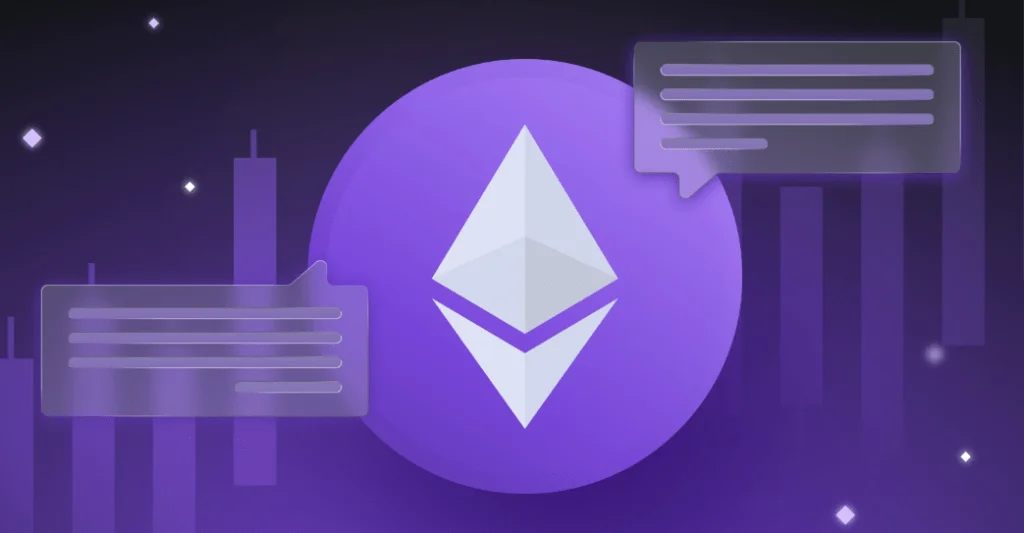Dubbed the Blockscan Chat, the service enables users to message each other anonymously via their Ethereum wallet addresses, it can be used to negotiate purchases and also in dealing with whitehat hackers.

The company behind Etherscan, a famous blockchain explorer and analytics platform has created “Blockscan Chat,” an Ethereum-based wallet-to-wallet instant messaging service.
Blockscan is now in beta testing mode, and it allows users to engage in instant wallet-to-wallet talks, access chats from numerous devices, block spammy or undesired addresses and be notified when a message is received on the block explorer.
While the new feature is a great way to communicate with other anonymous people — for example, to negotiate an anonymous purchase — it could be especially useful in dealing with whitehat hackers, who have frequently left messages embedded in Ethereum transactions to communicate with individuals and exploited crypto platforms.
The $610 million PolyNetwork hack from last year and last week’s Multichain hack, which saw a supposed whitehat hacker return 322 Ether (but keep a hefty finder’s fee), both involved anon conversation via Ethereum transactions as part of talks between the perpetrator and victims.
Etherescan teased the new feature with a tweet on Jan. 26 that read, “Wonder what this is for…?” and included a screenshot of the platform’s messaging notifications.

Apart from pleading with hackers to return funds in exchange for a bounty, a service like this could be useful in the NFT market.
The functionality, according to Twitter user “bdmartino,” could be used to negotiate NFT purchases between buyers and sellers, and if the transaction was performed through a decentralized exchange, both parties would save money on costs connected with NFT platforms like OpenSea.

Blockscan’s privacy
Blockscan claims that their information is stored by “global hosting providers” with servers in several areas, with inactive data being removed after 24 months.
It also adds that the data will not be sold to other parties, but rather would be shared or transmitted to partners such as data warehouses, IT service providers, and data analytics firms.
Any user who violates its acceptable use regulations, such as supplying false, inaccurate, or misleading information, may be prevented from using some or all of Blockscan and Etherscan’s connected services, according to its terms of service.
